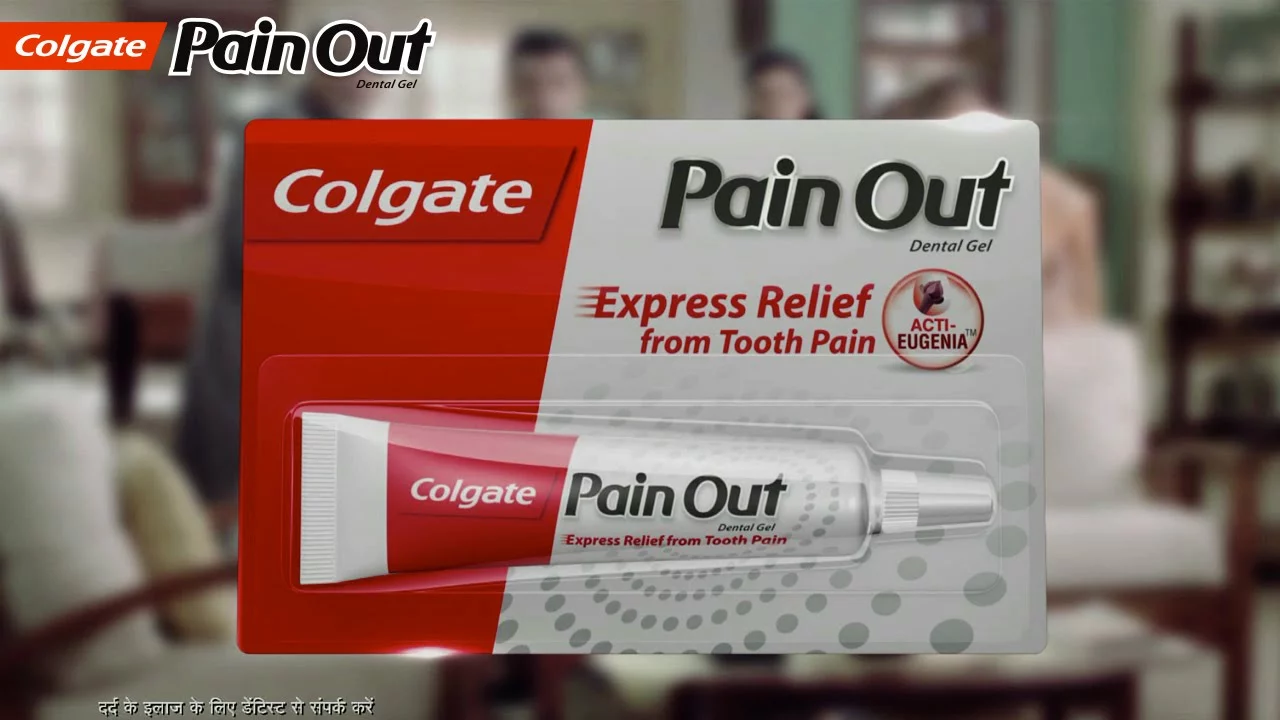Acetaminophen: How to Use It Safely and Effectively
Acetaminophen is one of the most common medicines people use worldwide. You probably know it as Tylenol or by its generic name. It helps relieve pain and lowers fever without the harsh side effects some other painkillers have. Whether you’re dealing with a headache, muscle pain, or a fever from a cold, acetaminophen is often a go-to choice.
But even though it’s widely available, many people don’t realize how important it is to use acetaminophen correctly. Taking too much can harm your liver, and mixing it with other medications that contain acetaminophen can quickly lead to an overdose without you noticing.
What You Should Know Before Taking Acetaminophen
First off, always read the label. Acetaminophen comes in many forms—tablets, liquids, and even combined with cold or allergy medicines. These combinations can add up quickly. For adults, the maximum daily dose is generally 3,000 to 4,000 mg, but going above this can put your liver at risk.
If you drink alcohol regularly or have liver issues, talk to a doctor before using acetaminophen. Also, avoid taking it for more than a few days in a row without medical advice. It’s designed for short-term relief, not ongoing pain management.
Handling Side Effects and When to Seek Help
Most people tolerate acetaminophen well, but some might experience mild side effects like nausea or rash. A serious reaction is rare but can happen, including allergic reactions or liver damage signs like yellowing skin or dark urine. If you notice anything unusual, stop taking it and consult a healthcare professional immediately.
Wondering if acetaminophen is the best choice for your pain or fever? It’s a solid option when you want something gentle but effective. Just be cautious with doses, check for other meds you’re taking, and stick to the recommended guidelines.
Remember, the goal is to feel better without causing new problems, so letting knowledge guide your use of acetaminophen makes all the difference.

Acetaminophen and Liver Disease: Safe Dosing to Avoid Hepatotoxicity
Acetaminophen is safe for most people - but for those with liver disease, even normal doses can cause serious harm. Learn the real safe limits, hidden risks, and how to avoid accidental overdose.

Acetaminophen and your teeth: What you need to know
As a blogger, I want to share with you some important information about Acetaminophen and its impact on your teeth. Acetaminophen, commonly known as Tylenol, is a popular over-the-counter pain reliever, but it can also have some adverse effects on your oral health. Prolonged use of this medication may cause dry mouth, which can lead to an increased risk of cavities and gum disease. It's essential to maintain proper dental hygiene when taking Acetaminophen, so make sure you're brushing and flossing regularly. Don't forget to visit your dentist for routine check-ups and professional cleanings to keep your teeth and gums healthy.





